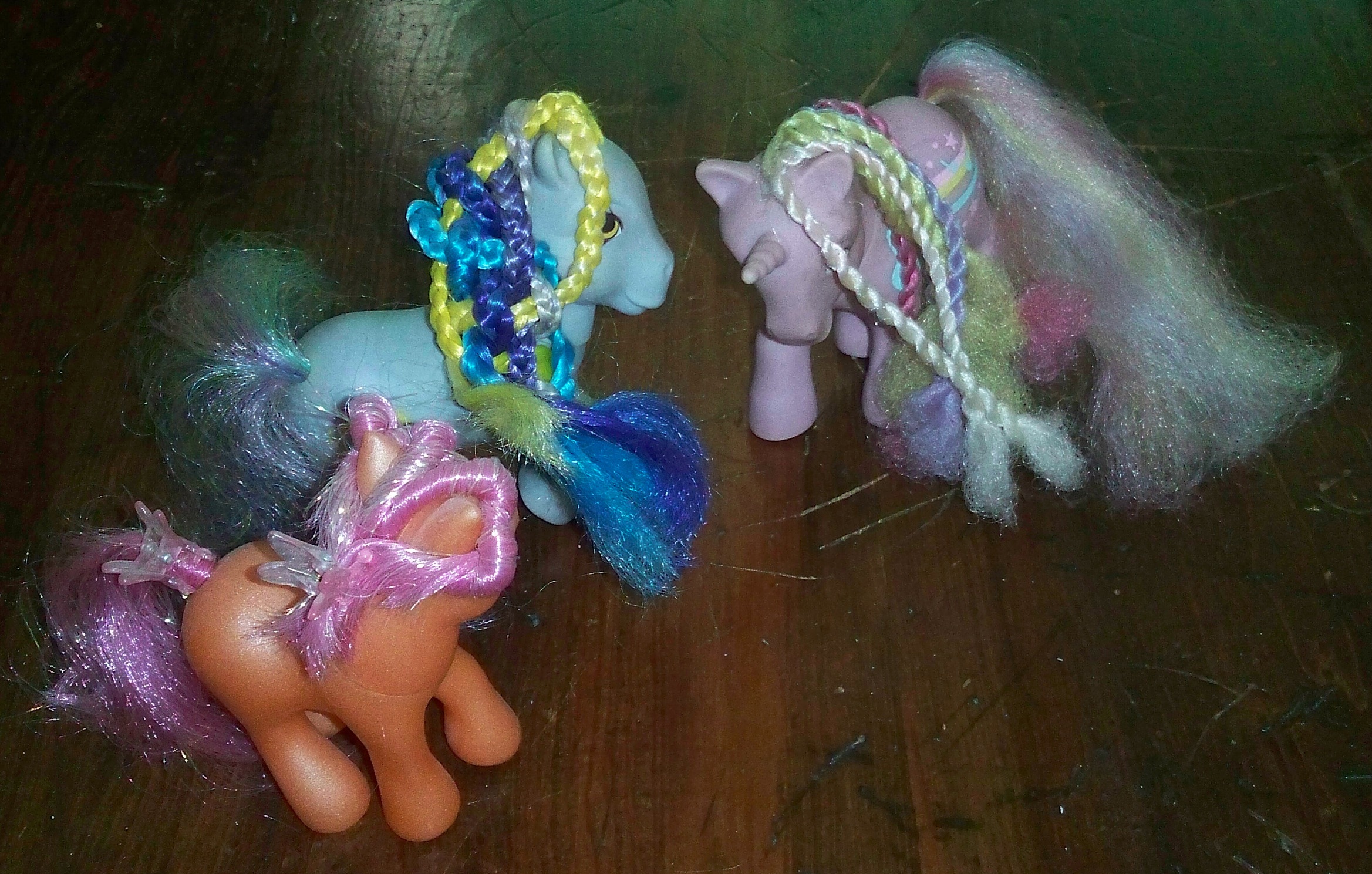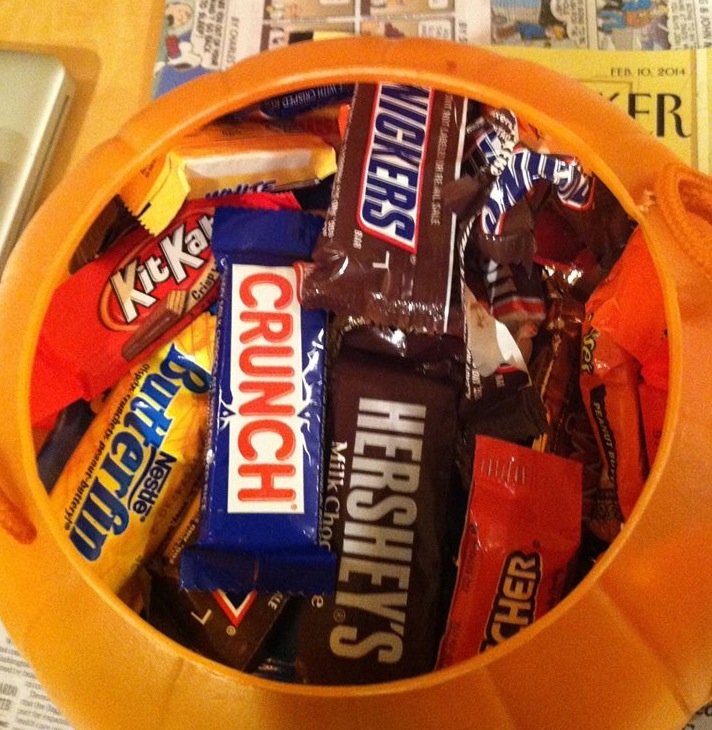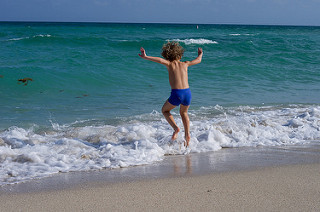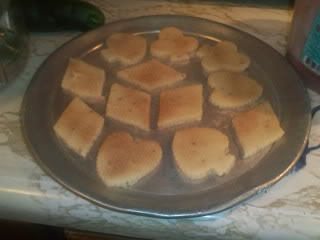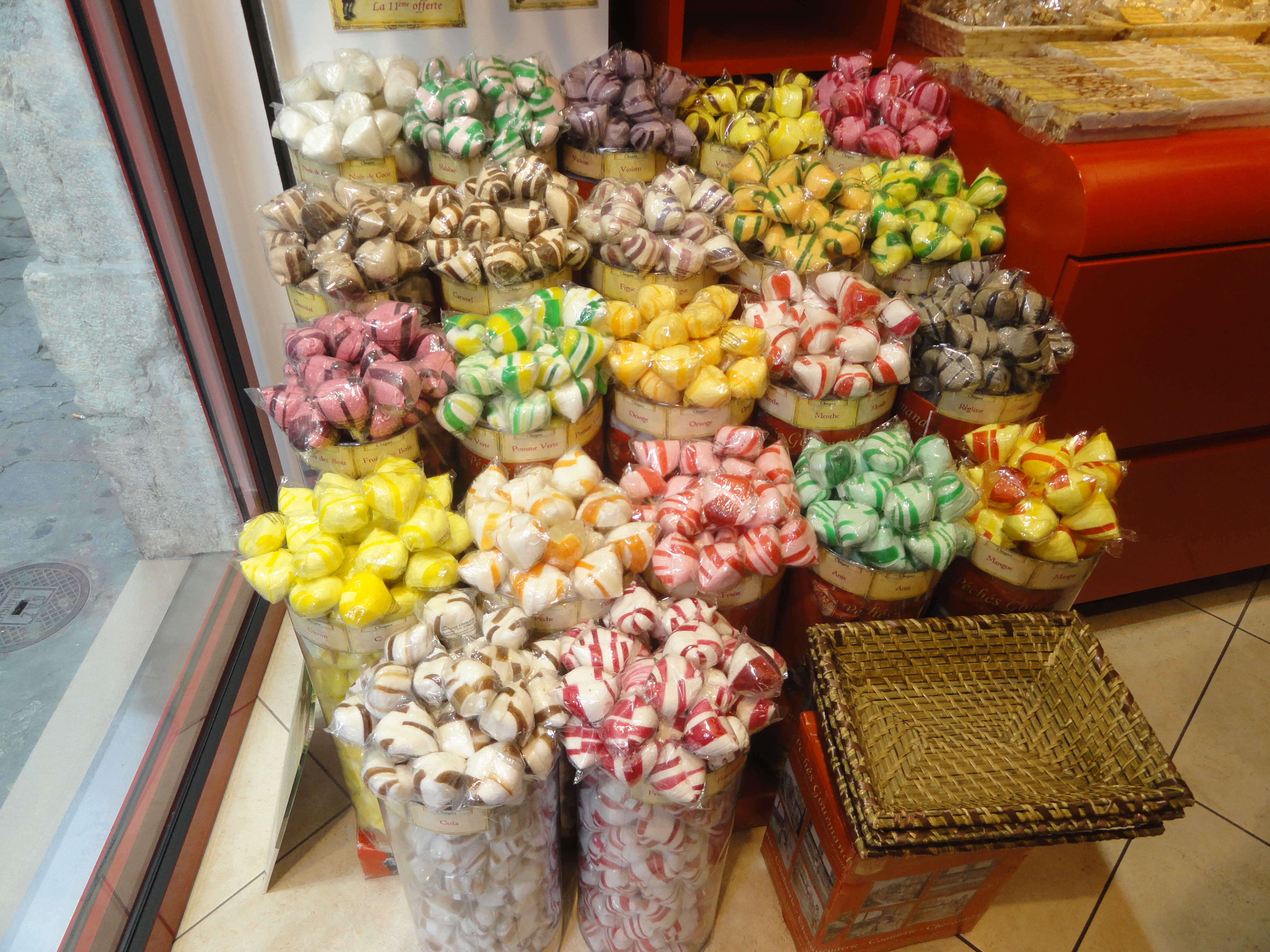What makes "a watermelon cookie"? These didn't taste like watermelon. They weren't made of watermelon. The term here is all about their appearance.
Watermelon is usually considered to be healthy, but tourists and host families in India are reminded that if someone should not drink "the local water," that they should also avoid watermelon, as that fruit takes in and stores some of the potentially dangerous (to visitors) elements of local water.
These cookies have nothing to do with India, or with bad water, except wait.... I just connected them, in a way.
Some parents might cringe (or worse) at the idea of my joy in something involving sugar and food coloring, but as I'm already talking about memories and connections, I can remind readers that parental disapproval (especially when it's overblown or overstated) does more damage than sugar-coated food-colored sugar with chocolate chips ever could.
I learned the watermelon cookie recipe from a younger friend, when she asked me if I could make them for her wedding reception. I did. She had horses. My daughter, who was eight years old or so and learning to braid, was able to help groom and braid the mane of one of those horses, and work some ribbons in there somehow. Later she did that with people, and My Little Ponies.
My granddaughter wasn't born when all that happened, but now she has helped make those cookies. She might never meet Sarah, who had watermelon-cookie memories from her own childhood.
Connections and memories involve people, places, newnesses, learning, amusement, trivia, and thoughts about the meaning of life, and of reality. The more naturally people can see and appreciate those things, the better life and learning will be.
Report on the making of watermelon cookies
Photos by Sandra Dodd—
this one is a link:
